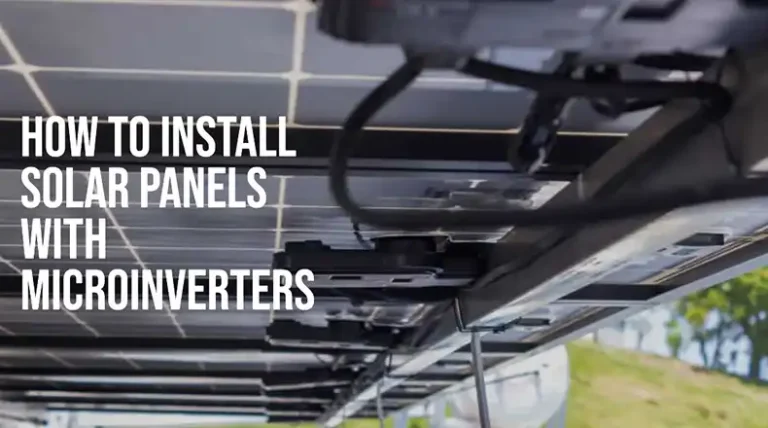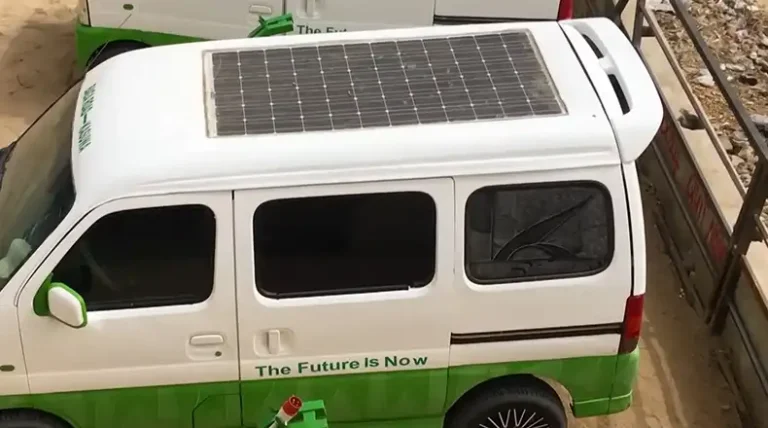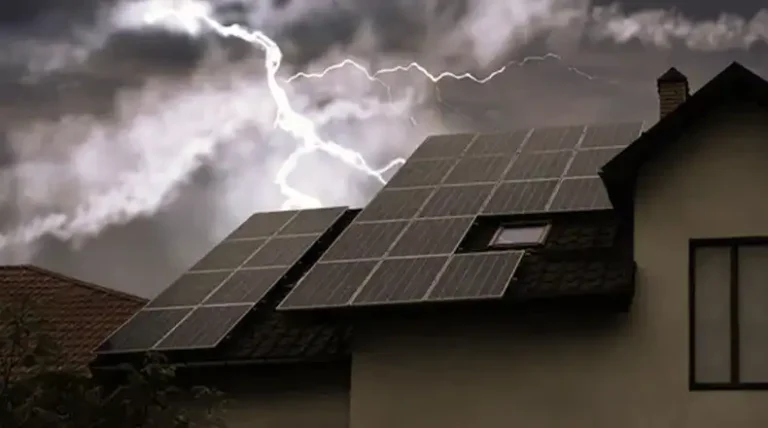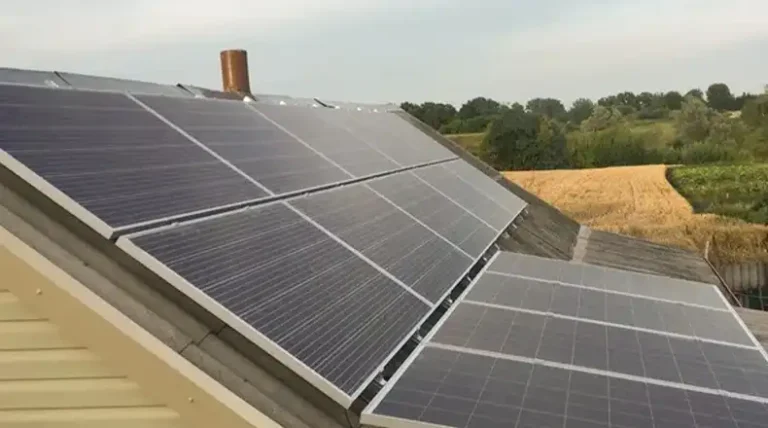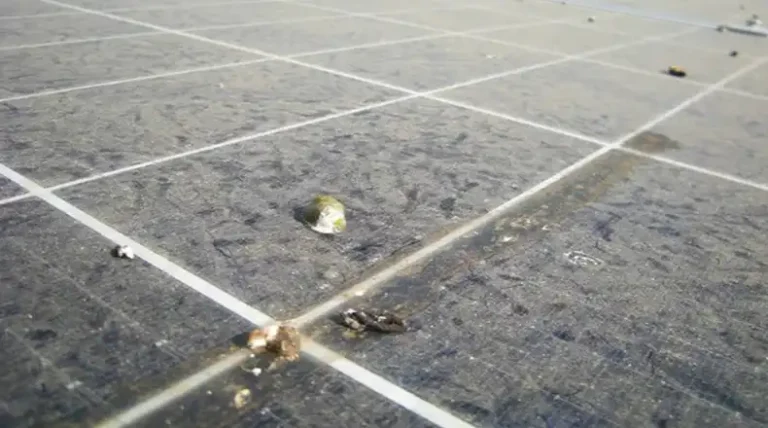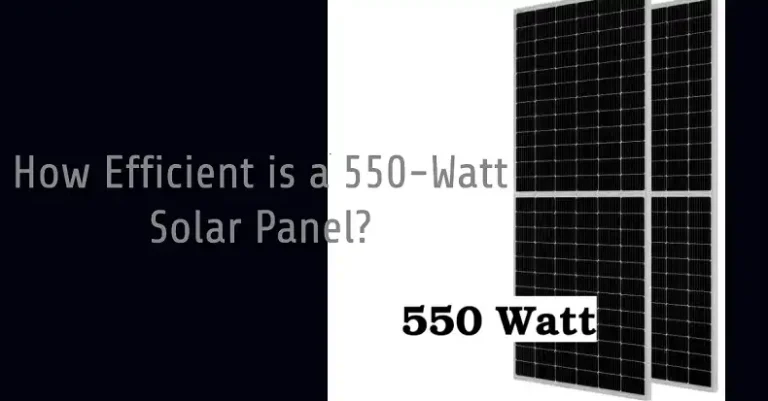Solar Panel Cost In Washington
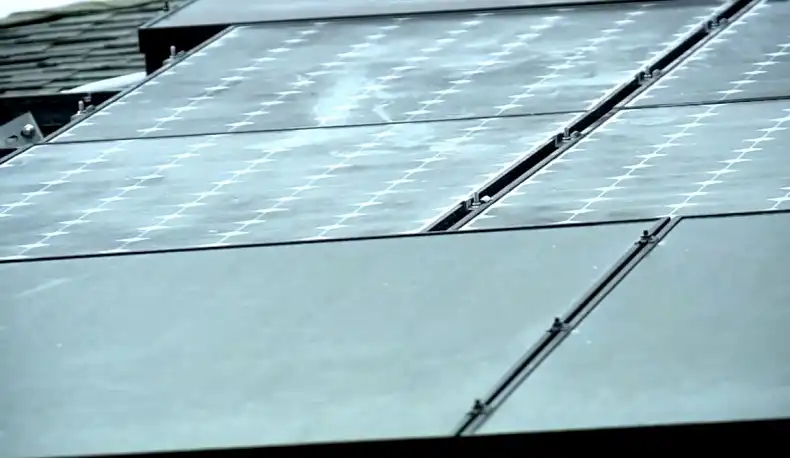
Solar energy is gaining popularity in Washington state, despite its reputation for cloudy weather. As electricity costs rise and environmental concerns grow, many homeowners are considering solar power as a sustainable alternative. But how much do solar panels actually cost in Washington?
As of 2024, the average cost of a 5 kilowatt (kW) solar panel system in Washington ranges from $13,000 to $18,000 before incentives, with a typical price of around $13,443. After applying the 30% federal solar tax credit, the net cost drops to approximately $9,410.
However, the final price tag depends on various factors, including system size, equipment quality, and installation costs. In this article, we’ll break down the costs of going solar in Washington, explore available incentives, and help you determine if solar panels are a worthwhile investment for your home.
Average Solar Panel Costs in Washington
Before we explore the factors that influence solar panel costs, let’s look at the typical prices you can expect in Washington. Understanding these averages will give you a solid foundation for budgeting and comparing quotes from solar installers.
Cost Per Watt
In Washington, the average cost of solar panels is measured in dollars per watt ($/W). As of 2024, the typical cost per watt for solar installation in the state is $2.69. This figure includes both equipment and installation costs.
Typical System Sizes And Costs
The size of your solar panel system will have a significant impact on the overall cost. Here’s a breakdown of average costs for different system sizes in Washington:
| System Size | System Cost | System Cost (after ITC) |
| 3 kW | $8,066 | $5,646 |
| 4 kW | $10,754 | $7,528 |
| 5 kW | $13,443 | $9,410 |
| 6 kW | $16,132 | $11,292 |
| 7 kW | $18,820 | $13,174 |
| 8 kW | $21,509 | $15,056 |
| 9 kW | $24,197 | $16,938 |
| 10 kW | $26,886 | $18,820 |
As you can see, the cost increases proportionally with the system size. Most residential solar installations in Washington fall in the 5-7 kW range, depending on the home’s energy needs and available roof space.
Price Range Before And After Incentives
It’s important to note that the costs mentioned above are before applying any incentives. In Washington, you can expect to pay between $11,427 and $15,459 for a 5 kW system before incentives.
After applying the federal solar tax credit, which reduces the cost by 30%, the price range drops to approximately $8,000 to $10,800.
Factors Affecting Solar Panel Costs in Washington
Several key factors influence the cost of solar panels in Washington. Understanding these elements will help you make informed decisions when planning your solar installation.
Monthly Energy Usage
Your household’s energy consumption plays a crucial role in determining the size of the solar system you need. Washington residents use an average of 969 kilowatt-hours (kWh) per month, which is higher than the national average of 881 kWh.
This higher energy demand often requires larger solar systems, increasing the overall cost.
To estimate the system size you need:
- Review your past 12 months of electricity bills to determine your average monthly usage.
- Consider any planned changes in energy consumption (e.g., adding an electric vehicle or energy-efficient appliances).
- Consult with a solar professional to determine the optimal system size based on your roof space and energy goals.
Roof Characteristics
Your roof’s features can significantly impact installation costs and system efficiency:
- Roof angle: The ideal roof angle for solar panels in Washington is close to the latitude of your home, typically on a south-facing roof. Optimal angles allow for maximum solar energy production and may reduce the number of panels needed.
- Roof condition: If your roof needs repairs or replacement, it’s best to address these issues before installing solar panels. This may add to your upfront costs but will save money and hassle in the long run.
- Shading: Trees, buildings, or other obstructions that cast shadows on your roof can reduce solar panel efficiency. While you may not be able to control all sources of shade, Washington has solar easement laws that can help you work with neighbors to minimize shading issues.
Equipment Efficiency And Quality
The type and quality of solar equipment you choose will affect both the upfront cost and long-term performance of your system:
- Panel efficiency: Higher efficiency panels, such as monocrystalline solar panels, tend to cost more but may be worth the investment in areas with limited sunlight or roof space.
- Inverters: The choice between string inverters and microinverters can impact both cost and system performance. Microinverters are generally more expensive but can improve energy production in partially shaded conditions.
- Additional components: Solar batteries, mounting equipment, and monitoring systems can add to the overall cost but may provide additional benefits such as energy storage or improved system tracking.
Installation Labor Costs
Labor costs can vary significantly between solar installers in Washington. Factors that influence installation costs include:
- Installer experience and reputation
- Complexity of the installation (e.g., roof type, system size)
- Local market conditions and competition
It’s essential to get multiple quotes from reputable installers to ensure you’re getting a fair price for both equipment and labor.
Solar Incentives in Washington
Washington offers several incentives that can significantly reduce the cost of going solar. Taking advantage of these programs can help make solar more affordable and increase your long-term savings.
Federal Solar Tax Credit
The federal solar investment tax credit (ITC) is one of the most significant incentives available to Washington homeowners. Here’s what you need to know:
- The ITC allows you to deduct 30% of your solar installation costs from your federal taxes.
- This credit applies to both residential and commercial solar installations.
- There is no cap on the amount you can claim.
- If your tax liability is less than the credit amount, you can roll over the remaining credit to future tax years.
For example, if your solar system costs $13,443, you could potentially receive a tax credit of $4,033, bringing your net cost down to $9,410.
Washington State Sales Tax Exemption
Washington offers a sales tax exemption for solar energy systems, which can lead to significant savings:
- The exemption applies to all solar systems under 100 kilowatts in size.
- It covers both state and local sales taxes.
- For a typical 5 kW system, this can save homeowners $1,500 or more on the overall cost of going solar.
To take advantage of this exemption, make sure your solar installer is aware of it and doesn’t include sales tax in your quote.
Net Metering
While not a direct financial incentive, Washington’s net metering policy can help you maximize the value of your solar investment:
- Net metering allows you to send excess electricity generated by your solar panels back to the grid.
- You receive credits on your utility bill for this excess energy.
- You can use these credits to offset your electricity costs when your panels aren’t producing enough power (e.g., at night or on cloudy days).
Are Solar Panels Worth It in Washington?
Now that we’ve covered the costs and incentives, let’s explore whether solar panels are a worthwhile investment in Washington.
Payback Period
The payback period is the time it takes for your energy savings to equal the cost of your solar installation. In Washington:
- The average payback period is about 14.75 years.
- This timeframe can vary based on factors like system size, energy usage, and local electricity rates.
- After the payback period, your solar panels continue to generate free electricity for the remainder of their lifespan (typically 25-30 years).
Long-Term Savings Potential
While the upfront costs of solar can be significant, the long-term savings can be substantial:
- On average, Washington homeowners can save about $9,995 over 20 years with a 5 kW solar system.
- These savings account for factors like inflation and changes in electricity rates.
- Your actual savings may be higher or lower depending on your specific circumstances and future energy costs.
Property Value Increase
Installing solar panels can also increase your home’s value:
- According to Zillow, homes with solar panels sell for an average of 3% more than comparable homes without solar.
- For the average home in Washington, this could translate to an additional $9,000 or more in resale value.
- This increase in property value is on top of the energy savings you’ll enjoy while living in the home.
Solar Panel Costs Over Time
Understanding how solar panel costs have changed and may continue to change can help you make an informed decision about when to invest in solar.
Price Trends In Recent Years
The cost of solar panels has decreased significantly over the past decade:
- According to the Solar Energy Industries Association (SEIA), solar equipment costs in Washington have dropped by 53% over the last ten years.
- The most significant price reductions occurred earlier in this period, with prices stabilizing around 2017.
- Despite this stabilization, solar remains much more affordable than it was a decade ago.
Factors Influencing Future Costs
While it’s difficult to predict future prices with certainty, several factors could influence solar panel costs in Washington:
- Technological advancements may continue to improve panel efficiency and reduce manufacturing costs.
- Changes in government policies, such as tariffs on imported solar equipment, can impact prices.
- Increased competition among solar installers may help keep installation costs in check.
Financing Options for Solar in Washington
For many homeowners, the upfront cost of solar can be a significant barrier. Fortunately, there are several financing options available to make solar more accessible.
Cash Purchase
Paying cash for your solar system offers several advantages:
- You’ll see the highest long-term savings since you avoid interest payments.
- You’ll own your system outright and be eligible for all available incentives.
- The payback period is typically shorter compared to other financing options.
However, not everyone has the cash on hand to make such a large purchase, which is why other financing options are available.
Solar Loans
Solar loans allow you to finance your solar installation with little or no money down:
- Many local credit unions and solar installers offer solar-specific loan products.
- Loan terms typically range from 5 to 20 years.
- Interest rates vary but are often competitive with other home improvement loans.
- You still own the system and are eligible for solar incentives.
Keep in mind that while loans make solar more accessible, the interest payments will extend your payback period and reduce your overall savings compared to a cash purchase.
Leases and PPAs
While less common in Washington, some companies offer solar leases or power purchase agreements (PPAs):
- These options typically require little or no money down.
- The solar company owns and maintains the system.
- You pay a fixed monthly fee (lease) or a per-kWh rate (PPA) for the electricity produced.
- You’re not eligible for solar incentives, and selling your home can be more complicated.
Choosing a Solar Installer in Washington
Selecting the right solar installer is crucial for ensuring a quality installation and maximizing your investment. Here are some tips for choosing a reputable solar company in Washington:
- Look for certified and experienced installers: Check for certifications from organizations like the North American Board of Certified Energy Practitioners (NABCEP).
- Read customer reviews: Look for feedback on sites like EnergySage, Google, and the Better Business Bureau.
- Get multiple quotes: Compare offers from at least three different installers to ensure you’re getting a fair price and the right system for your needs.
- Ask about warranties: Make sure you understand what’s covered and for how long.
- Consider local companies: Local installers often have a better understanding of Washington’s specific solar regulations and climate conditions.
Some reputable solar installers in Washington include Puget Sound Solar, Solara Solar, and Smart Solar Energy, among others. Be sure to do your research and choose an installer that best fits your needs and budget.
Final Words
Installing solar panels in Washington can be a significant investment, but it also offers the potential for substantial long-term savings and environmental benefits.
While the average cost of a 5 kW system in Washington is around $13,443 before incentives, the actual price you’ll pay depends on various factors, including your energy usage, roof characteristics, and choice of equipment.
By taking advantage of available incentives like the federal tax credit and state sales tax exemption, you can significantly reduce your upfront costs.
With an average payback period of 14.75 years and potential savings of nearly $10,000 over 20 years, solar panels can be a worthwhile investment for many Washington homeowners.

